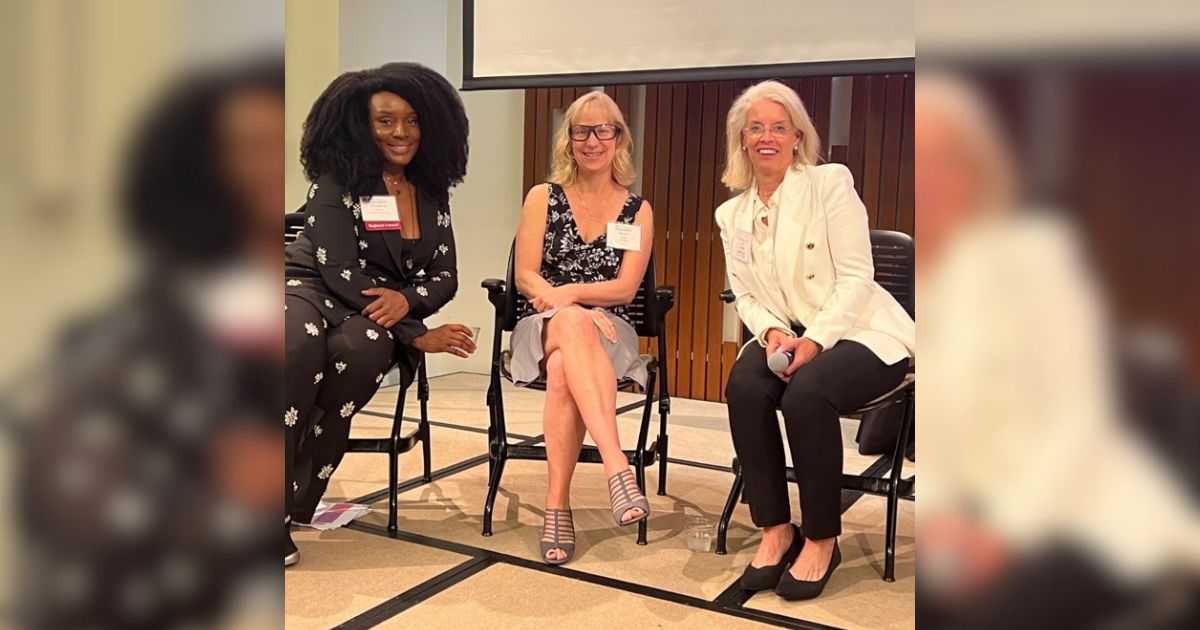Eli and Hilda didn’t want to leave a mess for their children, but they just could not bring themselves to get their legal documents completed. They went to the estate planning attorney and got all their questions answered and documents drafted. Then they brought the documents home to read over and to sign. But as the weeks dragged on, they did not sign the documents.
Eli believed that once the documents were signed, he would immediately die. It would be his final act, and he was not ready to die. Hilda was distressed because if Eli would not sign the documents. Until he did, she could not have peace of mind. Fortunately, after talking to their children and wealth coach, Eli did sign the legal documents. We are happy to report, as of today Eli is still alive, twenty-five years later!

Have you shared your end of life wishes with your family? Do you know your parents' wishes for the last years of their lives? Hard questions must be asked and answered, while you or they are still of sound mind. Do not procrastinate.
Without asking these important questions, there will be no understanding. Sharing your desires and learning now about your parents' situation and desires will allow you and your heirs to know how to respect them in their final years and avoid any regrets.
Try this: “Mom and Dad, many estates pay too many taxes and probate costs, I just want to make sure you aren’t one of them, so I have some questions to help us figure out your situation.”
- Are your legal documents current? Updated within the last ten years? Laws keep changing, and once death occurs, an old legal document cannot be updated to current laws.
- Where are your original documents stored and how do we get access to them?
- Does each parent have the following three legal documents: (If not, make it a priority to immediately set up an appointment with an established estate planning attorney to get them drafted.)
- Will or Revocable Living Trust (RLT): A will is for a simple estate or when every asset has a beneficiary, POD (Payable On Death), or RLT (if assets are more than $300,000 or if privacy is desired.
- Durable Power of Attorney: A document that gives someone you trust powers to do all your legal business for you once you are incapable.
- Declaration of Patient Advocacy: Document that gives someone you trust power to make life support medical decisions for you.
If you would like a list of more detailed estate questions to ask your parents, please go to our website’s QUESTION LISTS. Ask yourself the questions also.
Written by: Maria J. Kuitula, a Free Market & Stewardship Coach, co-authored the book, Stress-Free Investing, available at Amazon.com. She is the President of Wordhouse Wealth Coaching and can be reached at 616-460-6518 or at [email protected]. For QUESTION LISTS and INVESTOR EDUCATION VIDEOS, go to www.WordhouseWealthCoaching.com. Photos: stock.xchng




